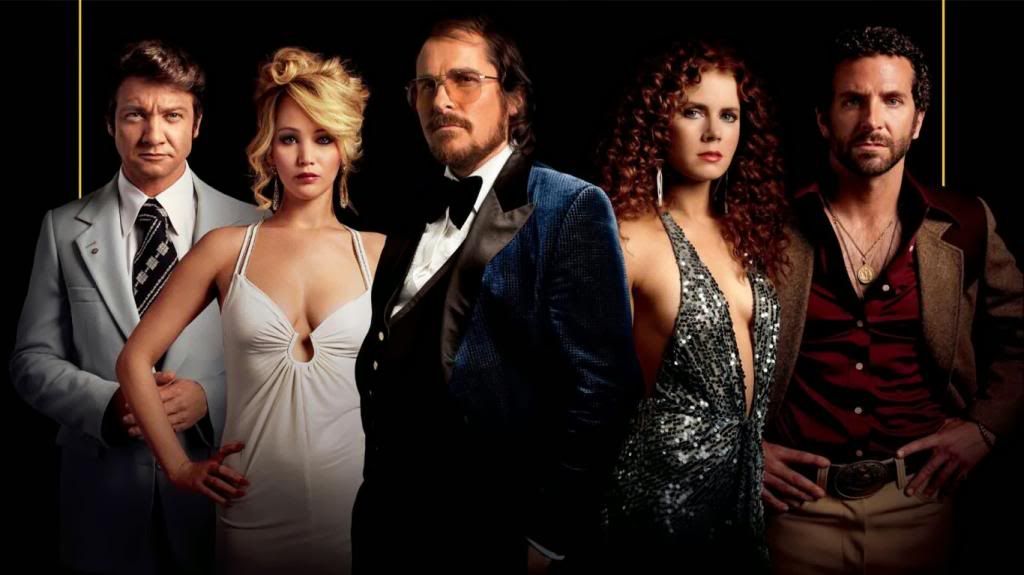Bulgaria? Egypt?
No, Rome.
Der Spiegel Online carries a story about Rome again undergoing a barbarian invasion ... although, of course, it is careful not to put it in such terms.
Headlined "The Downfall of Rome: Can a New Mayor Stop the City's Decline?" the article says:
A comment by one British tourist recently got posted on the Facebook page of Ignazio Marino, who became the city's mayor in June. The tourist said she had never before experienced "a more wretched hive of scum and villainy" than when she arrived in Rome by train. For safety reasons, she wrote, it is advisable to "spend as little time as possible" at Termini [the main railroad station].
The gypsies (or, in PC, "Roma") teach their kids the fine art of pickpocketing tourists who arrive disoriented, or anybody else who isn't wise to their game. Here's a heads-up: keep your wallet under several layers of clothing if the weather permits. Don't imagine a zipper on a purse will protect it. The purse, the zipper, money, and cards will fly away like a magic trick. If you're wearing jeans keep your wallet in a front pocket, with several rubber bands around it to create friction when -- not if -- somebody tries to snatch it. You're welcome.
Novelist Mauro Evangelisti warns visitors, like the pilgrims who are about to descend upon his city, that they must brace themselves for "an old airport, crooked cab drivers, swindlers, pickpockets" and streets full of potholes like in Havana. In an open letter published prior to the last municipal election, 21 Roman intellectuals lamented what they saw as signs of the city's downfall and "cultural gloom".
Meanwhile, Carlo Verdone, one of the leading actors in the movie that took this year's honor for Best Foreign Picture at the Oscars, "The Great Beauty," even goes so far as to describe his city as a true to scale likeness of a "totally failed country."
Mayor Marino sounds like his heart is in the right place, but he has the standard politician's instincts: first and last, beg for a larger subsidy. He succeeded in suctioning $829 million from the national government. Rome didn't go bankrupt. Nothing else seems to have changed.
A wiry, bald-headed man walks right through the turmoil on a recent morning and says, "The first thing that needs to be done is for the city to reconquer its public spaces. There is not a single street left in the entire city where you have the feeling you're in Europe -- I mean, where everything works as it should."
Few have the kind of insights about the underbelly of Rome as does Massimiliano Tonelli. The 35-year-old journalist is one of the most widely read bloggers in the city, but he is also one of the most contentious. His habitat is the streets, squares and riverside walks of Rome, and his natural enemies are those who make money by inflicting damage on the Eternal City's beauty. ...The Der Spiegel writer is typical of journalists writing about social problems: you interview officeholders, and if you want to show you're an intellectual, celebrity artists. You can refer vaguely to ordinary citizens and their discontents, but never quote them directly: they may have in mind solutions that don't depend solely on spending more money.
The blog combines pictures and words to document the daily anarchy Romans from all walks of life face when they leave their homes. One posting shows a pig foraging for food in the overflowing dumpsters of a residential area on the periphery of the city. Another shows souvenir peddlers relieving themselves right in the middle of the ruins of the ancient Roman Empire. One shows piles of discarded stolen wallets, while another includes images of an inner city slum of the kind one might expect to see in Mumbai, but not in the heart of Europe.
Above all, if you want to keep your media job, stay away from any suggestion that the country ought to stop catering to economic refugees from from the Third World. Refusing them entry or booting them out would solve half the problems by itself. The EU be damned.
I suspect this is what quite a few Romans are thinking and saying, although the mainstream media ignore them or call them fascists.
It should be noted that there is plenty of corruption as well among native-born Italians who ingeniously loot the treasury, which is part of the cultural catastrophe. Italy is a country that has never really been a country, just a collection of provinces and regions uncomfortably roped together. Self and family come before civic virtue.
Nor do I want a Mussolini 2.0 running things in the spirit of Rome's two and a half millennia of violent history. But the longer this "migrant" urban invasion is permitted, the more probable it will end in an ugly way. Beyond a certain point people will do what they need to when they perceive their way of life is threatened.
Like elsewhere in the West, Italy needs to come to terms with reality and stop the open-borders, multi-cultural nonsense before it boils over into something none of us want to see.

















